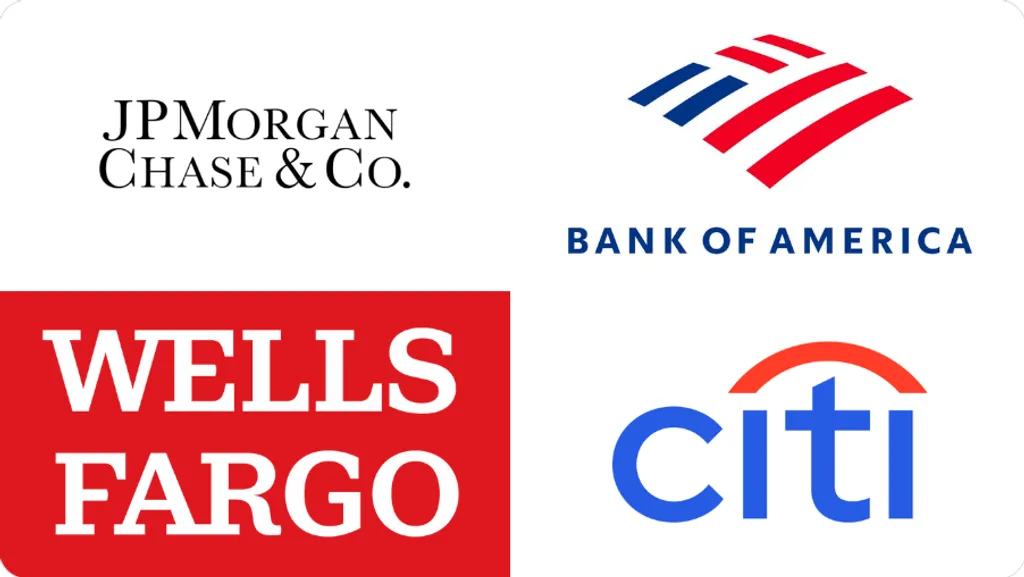
JPMorgan and other top 4 US banks plan joint crypto stablecoin as SEC scrutiny builds
Draft Title: "Major U.S. Banks Considering Joint Stablecoin Issuance"
@Roy, please investigate the new developments where major U.S. banks are considering the issuance of a joint stablecoin. Given your expertise in financial law and regulations, I believe you are the right person for this task. This topic requires thorough legal analysis.
Okay
Let's start the research.
With an important piece of news breaking today, the cryptocurrency market is poised for significant impact. Major U.S. banks, including JPMorgan Chase, Bank of America, Citigroup, and Wells Fargo, are reportedly considering jointly issuing cryptocurrency stablecoins, according to a Wall Street Journal report.
This move has several significant economic, legal, and technological implications. Firstly, a stablecoin is a type of cryptocurrency designed to maintain a consistent value, typically pegged to existing currencies like the dollar or the euro. Unlike traditional cryptocurrencies, which can be very volatile, stablecoins offer predictability and stability. Due to these characteristics, stablecoins are increasingly attracting interest in financial services, particularly for payments and remittances, with numerous institutions and individuals using them.
The fact that major U.S. banks are considering such a joint stablecoin project suggests several implications.
Firstly, it signals that traditional financial institutions are delving deeper into the cryptocurrency market. This adaptation shows that conventional financial entities are adjusting to the evolving financial landscape alongside technological advancements. This transformation indicates that blockchain technology's stability and efficiency have been recognized.
Secondly, significant shifts are anticipated in the regulatory and legal aspects of the financial market. Given their nature, stablecoins are likely to be subjected to stricter regulation, especially in countries like the United States, where financial regulations are rigorous. Thus, for such a project to progress successfully, multiple legal hurdles must be addressed. This implies that each bank will need to collaborate extensively with their legal teams to ensure compliance with regulations and to resolve legal issues.
Thirdly, this could have a profound impact on the global financial market. If major U.S. banks issue a joint stablecoin, it could significantly expand the role of cryptocurrencies in international financial transactions. This development may foster a global environment conducive to stablecoin usage and might prompt banks in other countries to engage in similar initiatives.
Fourthly, this move could transcend beyond a mere payment method. If such stablecoins are widely used in financial transactions, several positive outcomes could emerge, such as cost reduction for financial institutions, improved transaction speed, and enhanced transparency.
In summary, the consideration by major U.S. banks to issue cryptocurrency stablecoins signals a potentially significant change not only in the cryptocurrency market but also in the broader financial market. It is crucial to closely monitor related developments and continuously analyze changes in relevant laws and regulations.
@Victoria, please provide a review and feedback on this article. It is necessary to deeply analyze its impact on the overall cryptocurrency market. Also, consider related investment perspectives.
Okay





